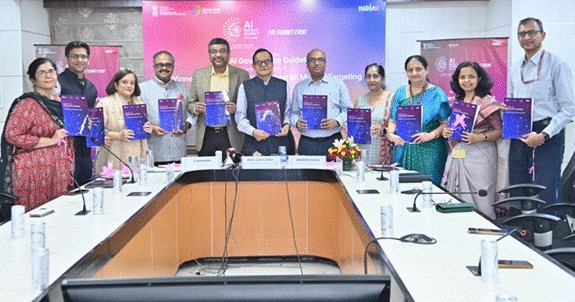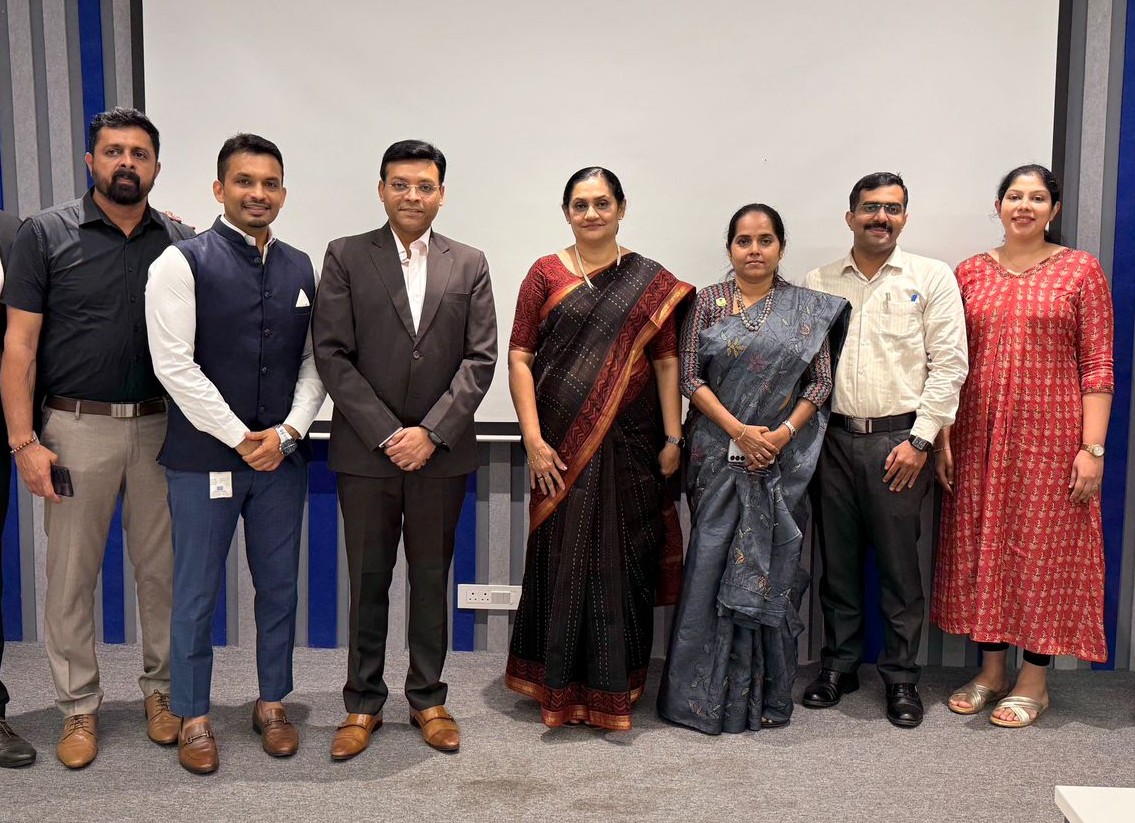Cabinet Approves ₹4200 Crore for MERITE Scheme to Boost Technical Education and Research

The scheme, covering 275 technical institutions, aims to enhance the quality, equity, and governance of technical education in India, in line with the National Education Policy 2020 (NEP-2020).
New Delhi, August 8: The Union Cabinet, chaired by Prime Minister Narendra Modi, has approved the implementation of the Multidisciplinary Education and Research Improvement in Technical Education (MERITE) Scheme with a total outlay of ₹4,200 crore. The scheme, covering 275 technical institutions, aims to enhance the quality, equity, and governance of technical education in India, in line with the National Education Policy 2020 (NEP-2020).
Key Features of the Scheme:
- Target Institutions: 275 government and government-aided institutions, including 175 engineering institutions, 100 polytechnics, and selected National Institutes of Technology (NITs), State Engineering Institutions, Polytechnics, and Affiliating Technical Universities (ATUs).
- Financial Outlay: The total financial implication for the scheme is ₹4,200 crore for the period from 2025-2026 to 2029-2030. Of this, ₹2,100 crore will come as external assistance from the World Bank in the form of a loan.
Objectives:
The MERITE Scheme aims to:
- Improve Governance and Quality: Enhance academic and administrative standards across participating institutions.
- Promote Multidisciplinary Programs: Develop and implement multidisciplinary curricula to foster holistic education and innovation.
- Empower Future Administrators: Focus on the development of academic administrators, particularly women faculty, to lead institutions toward excellence.
- Strengthen Research & Innovation: Establish a robust research ecosystem in technical institutions to fuel innovation and industry-aligned skills.
Expected Benefits:
The scheme is expected to benefit over 7.5 lakh students, who will gain access to upgraded infrastructure, curriculum, and learning opportunities. Participating states and Union Territories (UTs) will also receive support in implementing strategies aligned with NEP-2020.
Key Expected Outcomes
- Digitalization: Implementation of digitalization strategies in participating states/UTs.
- Enhanced Learning and Employability: A focus on improving students’ learning outcomes and employability skills, with industry-relevant curricula and internship opportunities.
- Better Accreditation & Quality Assurance: Strengthening the accreditation process and implementing quality assurance mechanisms.
- Future Workforce Development: Focused skill development programs and curricula aligned with the needs of the labor market, promoting employability among students.
Employment Generation
The scheme will contribute to significant employment generation by enhancing the employability of students through skill development, internships, and industry collaboration. Faculty development programs, research hubs, innovation centers, and skill labs will also play a key role in bridging the gap between industry needs and academic offerings. The focus on improving employability is expected to reduce unemployment among engineering graduates, leading to higher placement rates.
Implementation Strategy
The MERITE Scheme will be executed in all States/UTs through a Central Nodal Agency, with funds transferred directly from the Central Government to the participating entities. Eminent institutions like IITs, IIMs, and regulatory bodies such as the AICTE and NBA will play a significant role in guiding the implementation process.
Background
The MERITE scheme is designed in collaboration with the World Bank and is in line with the reforms envisioned in the National Education Policy 2020. The policy calls for a revamp of curriculum, pedagogy, and assessment methods, as well as the promotion of multidisciplinary technical programs, research excellence, and the development of future academic leaders. This initiative is also aimed at addressing gender disparities and bridging the digital divide in technical education.
By aligning the scheme with the goals of NEP-2020, the government aims to provide sustainable and inclusive growth in the country by fostering innovation and research to tackle modern challenges. This initiative is expected to play a pivotal role in the country’s educational transformation and contribute to India’s overall technological advancement.
The MERITE Scheme is a crucial step towards creating an integrated, world-class technical education ecosystem in India, ensuring that students are well-equipped to meet the challenges of a rapidly evolving global job market.








